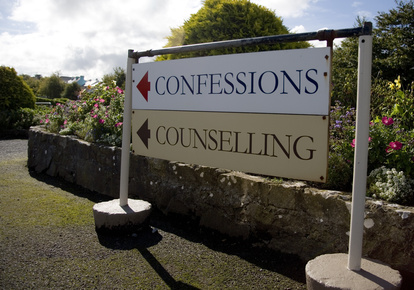-

What’s the Purpose of Talk Therapy? 5 Different Reasons to Turn to Online Counselling.
Recently I was reflecting on all the requests I receive for online counselling, coaching and therapy. I’ve been providing therapy consultations over webcam and offering email counselling for several years now, and I’ve heard a diversity of hopes and expectations over that time. Here are some of them. Strategies and Tools One of the biggest…
-

Counselling, Coaching and Therapy in Stockholm
Counselling, Coaching & Therapy in English I am currently available for online (Skype) appointments and consultations via Email Exchange. If you would like to find out more about my online services including online therapy and webcam counselling, or for an update on my availability, please contact me. These therapy services are available in English throughout Sweden…
-

“Tools for Better Living”: 6 English Speaking Coaching Sessions for Expats in Stockholm and across Sweden
This fall I’m offering a flexible course that combines both coaching and counselling in a short series of consultations. These sessions are designed specifically for expats and other English speakers seeking direction. Are you looking for some tools for dealing with change or adjustment? Interested in taking a series of sessions to kick-start your motivation?…
-

Relationship Counselling: Ending the Blame Game for Better Communication
How often have you been in a situation where your partner has blamed you unfairly or found fault with everything you say? Constant put-downs and negativity mean criticism is thriving in your relationship. Here are some ideas about how to nip them in the bud and start having better communication with your partner. First up,…
-

Anxiety Therapy in Stockholm: Walk and Talk or Talk and Tea… You Choose!
Treatment for Anxiety is now attracting the same attention given to Depression over recent years. And it’s no wonder. Many people are unaware that Anxiety is affecting their lives and as a result become confused as to how to better approach their symptoms. Talk therapy can offer new ways of responding to Anxiety, and you…
-

How to Recover Your Life After Separation or Divorce
When a partner announces suddenly that they want to end the relationship, the heartbreak is not always immediate. Often it is preceded by shock and decisions around what to do next: how to deal with being alone, returning to dating and getting on with life as a single person. For an English-speaking person who is…
-

Swedish Culture Shock: 5 Practical Ways to Deal with Stress
Providing counselling services for expats in Stockholm, I’m often helping my clients to manage and find ways to relieve stress. This stress might be related to cultural factors including the difficulty many report in making friends with Swedes or it could be to do with a close relationship or marriage. It can be associated with…
-

Life Coaching in English to Turn Your (Swedish) Life Around
Not adjusting to life in Sweden? Worried about your mental health? Can’t concentrate and think you have ADD or ADHD? Struggling with the winter? Don’t let the darkness, Snökaos (snow chaos) or winter blues drive you to depression. Whether you choose to do it in-person or by webcam, you might just need a few sessions…
Forward Therapy Stockholm: Counselling in English for expats and others in Stockholm, Sweden
Need support?



